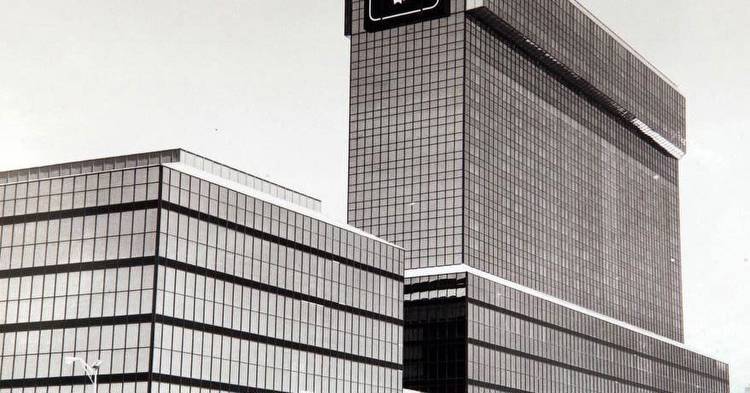Casino commission approves closing of Playboy chip fund

ATLANTIC CITY — The Casino Control Commission on Wednesday approved the closing of an $875,000 account dedicated to the cashing in of chips from the former Playboy Hotel and Casino.
In July, the state Division of Gaming Enforcement ruled the account should be closed. In order for the closure to go into effect, the commission had to approve the matter.
Gaming regulators were made aware that the account was still open when a person tried to redeem chips recently, officials said.
“Sufficient time has passed for actual Playboy patrons to have redeemed any gaming chips and/or (slot) tokens owned by Playboy,” James Plousis, chairman of the Casino Control Commission, said during the meeting.
The money will remain with the Unclaimed Property Administrator, state officials said, adding that state legislation would be required to direct it to another program or fund.
The history of the Playboy casino dates to the early 1980s. The hotel/casino project was initiated by Playboy Enterprises, which later took on Elsinore Corp. as a partner.
In 1982, the Casino Control Commission denied the application of Hugh Hefner, CEO of Playboy Enterprises, for a plenary casino license while granting the application for licensure of Playboy’s partner in the joint venture that operated the Playboy casino, Elsinore.
As a result, Playboy sold its interest in the Playboy casino to Elsinore. While the property stayed open, with Playboy’s license denial, the property had to undergo a name change. The property then became the Atlantis.
From Atlantic City to Mississippi, chips from the former Playboy casino have a crazy history.
Elsinore was ordered to deposit a fund with the state Treasury in the amount of $875,000 to cover redemptions of Playboy and Atlantis chips. The money was reserved for gamblers who were owed money by Playboy or Atlantis, with such debts represented by gaming chips. Gamblers could redeem their chips with the Treasury until the fund ran out of money.
No time limit was placed on the period for redemption, according to the ruling.
Gaming regulators said that now the window to redeem chips and slot tokens is six months to a year.
The agency ruling states the chips were not properly disposed of when the property closed three decades ago.
In April 2008, a construction worker was digging a path connecting the police station to the community center in Hernando, Mississippi, and hit a massive concrete slab that housed the multimillion-dollar jackpot.
According to reports, officials with Green Duck Manufacturing, the company charged with destroying the chips, did not know how the chips ended up buried at the site.
"The failure to properly destroy unissued Playboy gaming chips in accordance with governing commission regulations and their subsequent unearthing and circulations among non-patrons could not have been foreseen by the commission when it retained a dedicated account for redemption of Playboy gaming chips and slot machine tokens," Plousis said.



































